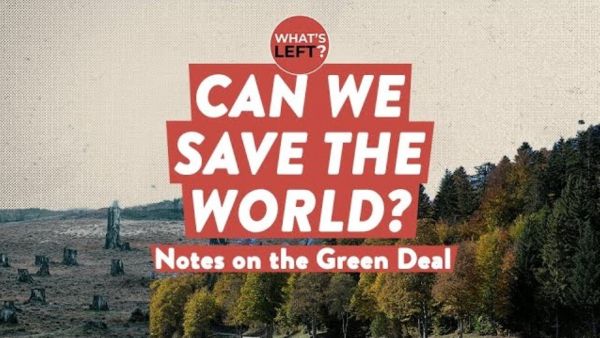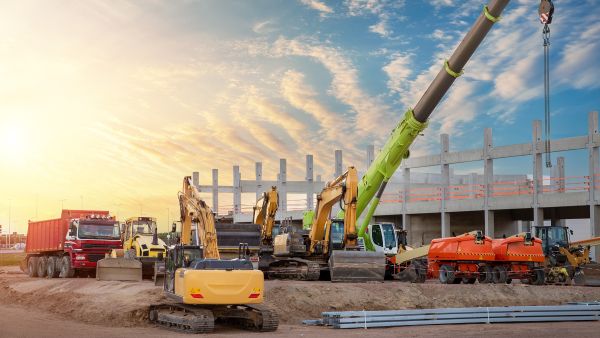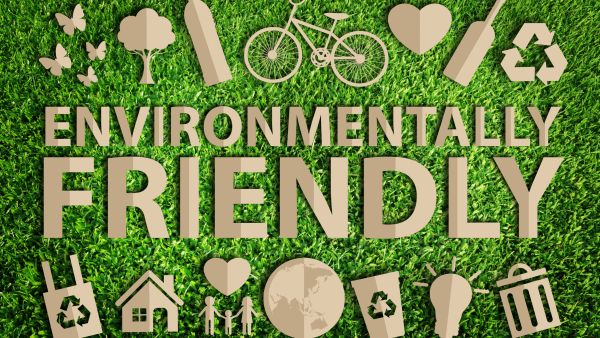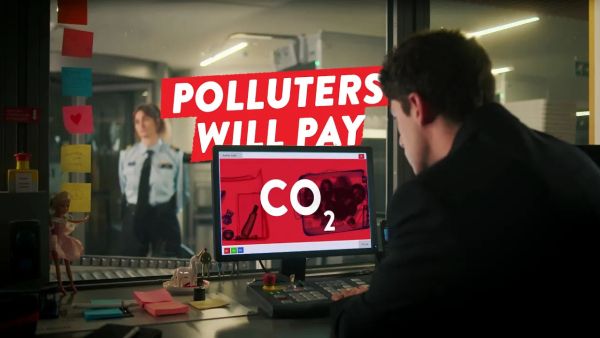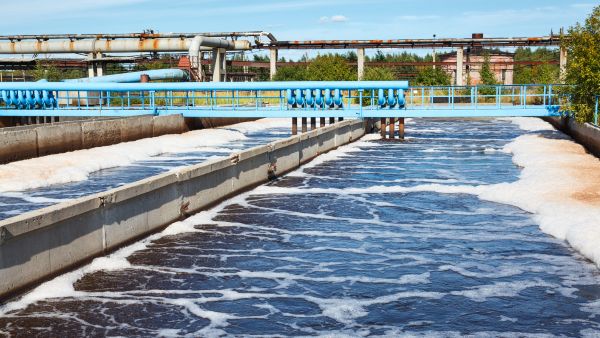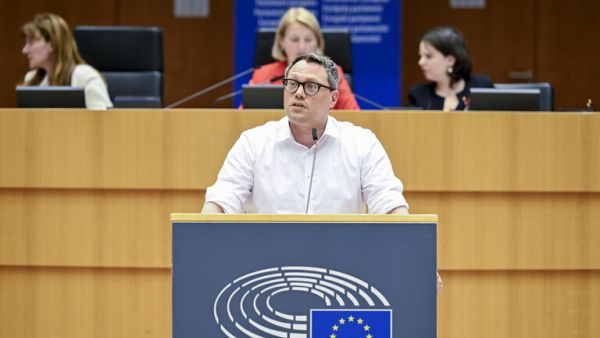Amidst the relentless onslaught of extreme weather events, it is no longer enough – though crucial as it is – to mitigate climate change. We also need to learn to live with the consequences, which are happening here and now and affecting the most vulnerable European citizens and regions the hardest.
Recent findings from the European Environment Agency reveal that Europe is the fastest-warming continent on the planet. Climate hazards are affecting everything from energy and food security to ecosystems, infrastructure and public health. In the European Union alone, floods, devastating wildfires, scorching heatwaves and prolonged droughts have already inflicted staggering economic losses exceeding €650 billion since 1980, claiming 195,000 lives. According to the same agency, around €520 billion per year is needed to reach the climate-neutrality goal by 2050 and to implement the Green Deal.
Climate change exacerbates existing inequalities as the burden of climate change disproportionately harms marginalised communities and regions, making them more susceptible to the impacts of climate-related disaster, food insecurity and economic instability. Lower-income European countries bear the brunt, with higher fatality rates and greater economic tolls on their GDP. And the grim forecast indicates these disasters and social injustices will only intensify. At the same time, the super-rich are driving climate change. The richest 10% of the global population is responsible for around 50% of all emissions. Therefore, reducing inequality is essential in order to tackle the climate crisis.
Our continent finds itself ill prepared to confront these mounting threats. That is why, alongside ambitious climate mitigation efforts, we must enact adaptation policies to shield every European from the costly fallout. Those least responsible for greenhouse gas emissions should not bear the greatest burdens of transitioning away from fossil fuels. We need social-ecological protection.
Central to this vision is our call for the development of a comprehensive EU adaptation law – one that is cohesive, forward thinking and legally binding. While the current EU adaptation strategy marks a crucial starting point, it lacks the precision and enforceability needed to deliver tangible results. Our proposed adaptation law must set clear, measurable targets and adopt a holistic approach that tackles underlying social, economic and environmental injustices head-on.
The EU adaptation law will have to focus on investing in natural solutions – the cheapest way to fight global warming while minimising its impacts on cities and rural areas. Planting trees in cities will reduce heat islands and allow citizens to breathe again, and investing in soil, water and biodiversity protection will help farmers cope with the harmful effects of climate change. Like the Loss and Damage Fund at global level, the law must prioritise the most economically disadvantaged and climate vulnerable regions of Europe, who are hardest hit and not equipped to bear the costs on their own.
Sufficient funding for adaptation is another essential element. People who are uninsured or not well insured losing their homes because of floods or forest fires need to be protected. Hence, we advocate for the establishment of a European Insurance Climate Fund, financed by markets and insurance companies, to bolster the resilience of European people and businesses against climate-related impacts. We need to step up climate risks assessment on the financial market and make sure financial actors take responsibility for people and the planet. We will also need to redirect sufficient funds from the EU budget and the European Investment Bank towards financing just adaptation policies, beyond climate mitigation. Fiscal policy plays an important role in climate mitigation and adaptation, both of revenue and expenditure policy. Large corporations, big polluters and the ultra-rich must pay their fair share. We advocate for a permanent investment tool at EU level to safeguard our social and climate priorities.
This robust adaptation framework and funding should target those who are most affected by climate change. Outdoor workers, for instance, who face dangerous weather conditions such as heatwaves should not incur any financial risk, and should be able to take part in decisions regarding adaptation policies at the workplace. According to the International Labour Organisation, the EU has seen a 42% increase in heat-related workplace fatalities since 2000. The framework should also target workers employed in those sectors transitioning away from fossil fuels, such as the car or energy sector. Protective labour market policies together with reskilling initiatives to avert job losses are key to leaving no one behind.
Climate change is not merely an environmental predicament – it is a matter of social justice. Any claim to serve the people rings hollow if it ignores this existential crisis. On the other hand, our transition to a sustainable future can only succeed if it is rooted in social justice; brings people hope for the future; and leaves no one behind – a Green Deal with a Red Heart.
Iratxe García Pérez, president of the S&D Group
Mohammed Chahim, S&D vice-president for the Green Deal






